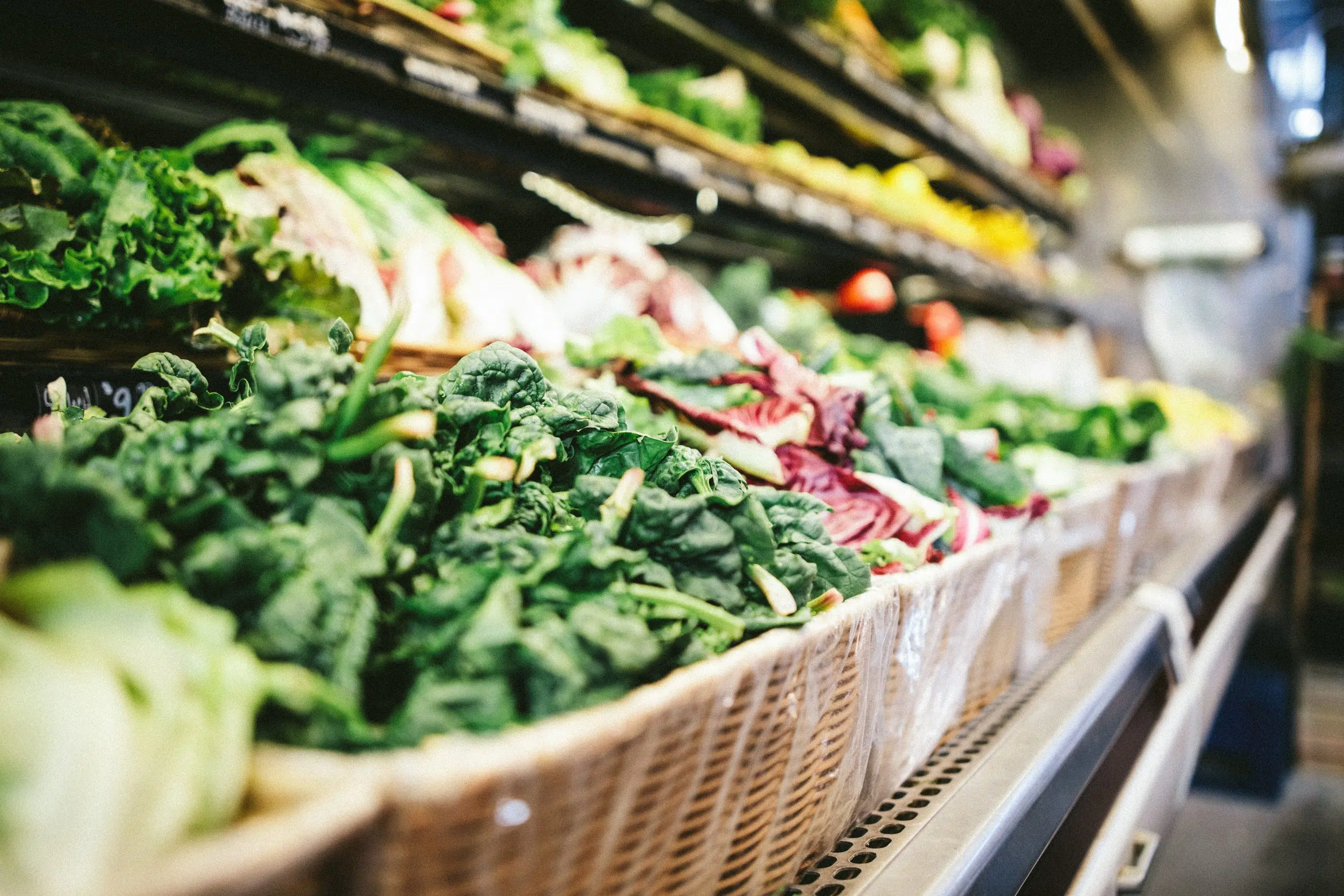Canadians are one step closer to having more scrutiny and accountability in grocery pricing, according to federal and provincial agriculture ministers speaking at their annual conference in Fredericton on July 21.
Steps were taken at the meeting to bring the food industry closer to the implementation of a grocery sector code of conduct, the terms of which are still being worked out, with the aim of the code coming to fruition by the end of 2023.
“The co-chairs of the industry committee gave us a progress report on the grocery code of conduct, which aims to improve relations between all parties of the Canadian food supply chain. The ministers offered support for the industry’s proposed solutions, including a commitment to fund the initial creation of a Grocery Code Adjudication Office. We are now calling for broad industry participation in this voluntary code, especially among food retailers,” says federal Agriculture Minister Marie-Claude Bibeau.
“We have committed to pay for the first two years of this bureau and we expect that the industry will take over and that it will become a self-financing organization after that.”
The amount of funding for the adjudication office was not disclosed.
Industry experts have suggested that retailers and others will sign on to the voluntary code, even though it’s likely to be legally binding, as their participation will prevent the need for regulation.
The call for a code of conduct arose from a June House of Commons committee report, recommending it as an option to address food inflation.
‘Grocery Affordability: Examining Rising Food Costs in Canada’ issued 13 recommendations. Among them was the call that “the Government of Canada work with the provinces and territories – in partnership with stakeholders from agriculture and the food industry – to implement a mandatory and enforceable grocery code of conduct that covers food and other essential products on grocery store shelves and that it encourage the food industry to review this code one year after it comes into force.”
The call came after Consumer Price Index reporting found that food was inflating at a faster rate than other CPI categories, in 2021 and 2022 reaching levels of up to 10 per cent inflation. Food inflation is still a struggle in 2023, as the most recent CPI figures have it up 9.1 per cent year over year.
However, witnesses from the production side of the agricultural sector provided testimony stating that end prices for consumers hadn’t risen as fast as their input costs including energy, labour, transportation and packaging.
Witnesses on the consumer side expressed concerns over the code providing cover for supermarket price collusion “to recover revenue lost from eliminated supplier fees”. They recommend that consumer advocacy groups have a hand in drafting the code and called for a consumer advocate position within the federal government to “oversee and defend consumer interests in every commercial sector.”
RELATED: Local Food Producers Say Voluntary Rules Aren’t Enough To Check Big Grocers’ Power
Other items agreed to at this meeting included the creation of “a federal, provincial and territorial working group which will explore the challenges of pesticide management”.
“Canada is part of the 196 countries worldwide that have committed to reducing the risks associated with pesticide use by 50 per cent,” Bibeau says. “Reducing the risk, not the use.”
She went on to say that the federal government recognizes that “banning pesticide use for agricultural purposes is out of the question” but that for other uses like cosmetics, alternatives should be explored.
Animal disease, climate change and international trade were also discussed at the meeting, with more concrete actions to be taken in meetings to come.
Canada’s agriculture and agri-food sector contributed $143.8 billion to the national gross domestic product (GDP) in 2022, accounting for seven per cent of the national GDP, with international exports of $93 billion in 2022. The sector employs 2.3 million people countrywide.
The next Annual FPT Ministers’ meeting will be held in Whitehorse, Yukon, in July 2024.
Alex Graham is a reporter with Huddle, an Acadia Broadcasting content partner.







